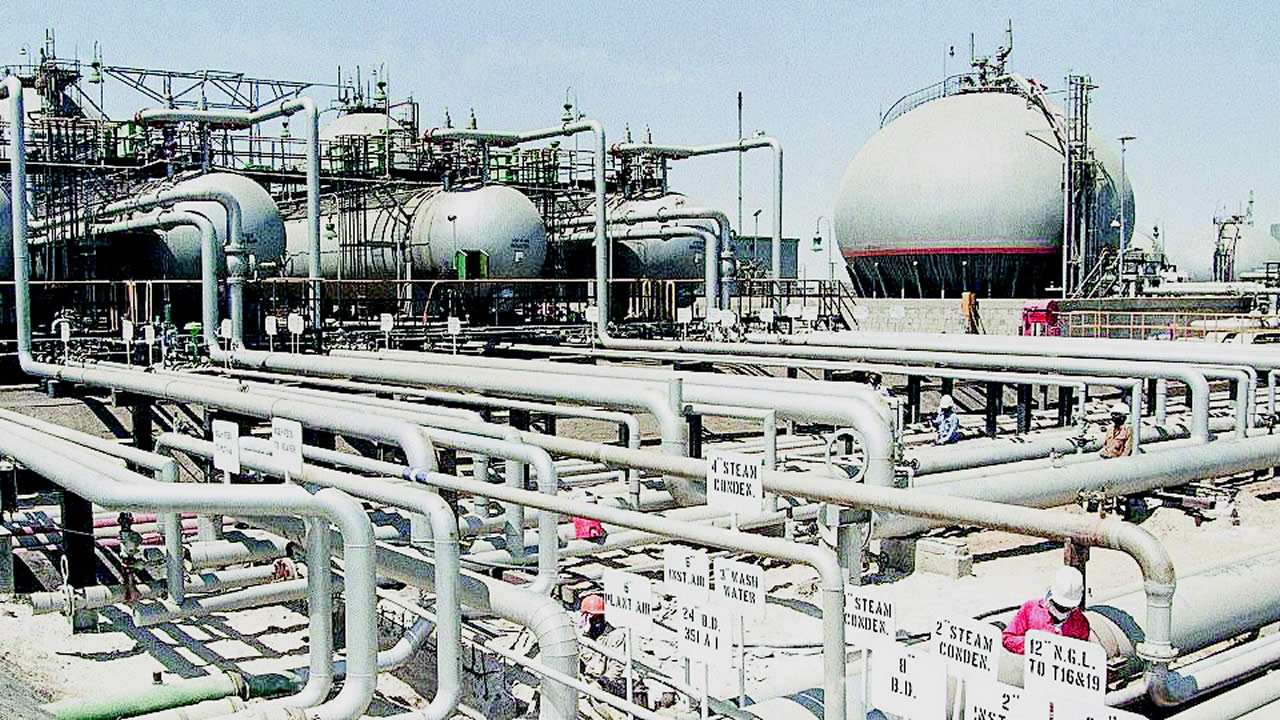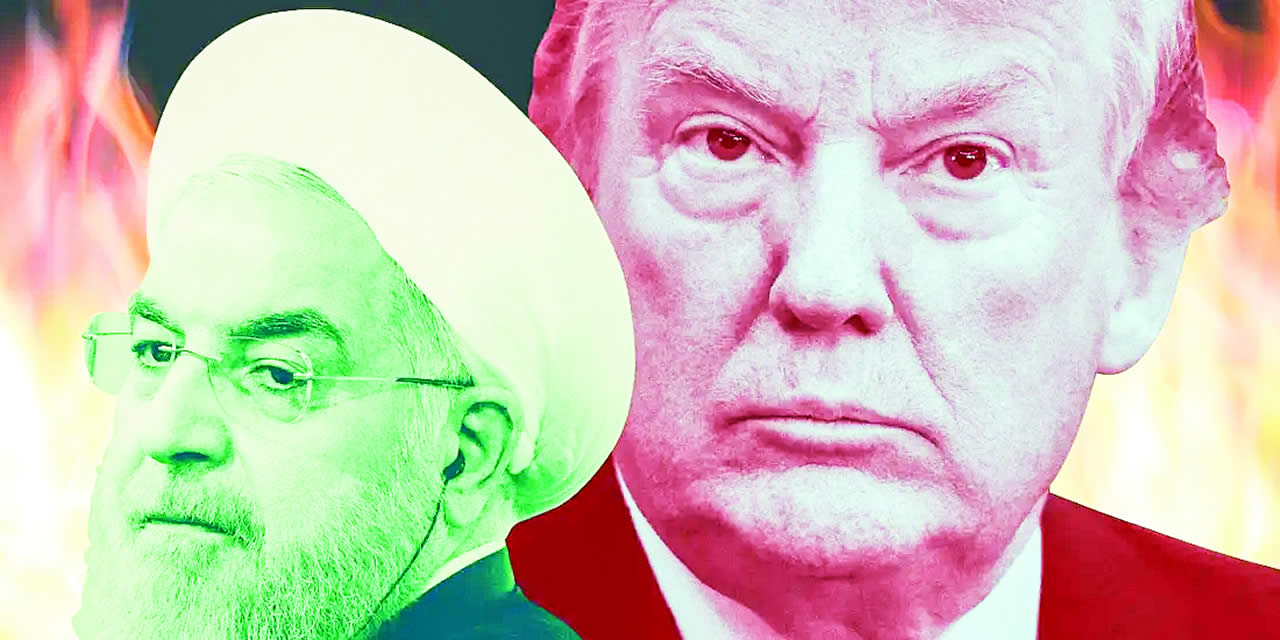
The American obsession with Iran is about oil and natural gas. If these two resources had been absent, it is hard to imagine such an intense American focus on the country from the time of a U.S. Central Intelligence Agency-backed coup of Iran’s elected government in 1953 to today.
This should come as no surprise. Iran was an oil power back in 1953 and it remains one today. Iran is presumed to have the third largest oil reserves in the world and the second largest natural gas reserves. Even if the numbers cited are somewhat inflated, Iran’s reserves are not small, and the country is likely to play a large role in world energy markets for many years to come.
The recent escalation of tensions between the United States and Iran because of the U.S. assassination of a prominent, popular and by all accounts highly effective Iranian general will allow the advocates of war to trot out all manner of excuses for such a war: terrorism, regime change, the credibility of the United States, Iran’s nonexistent nuclear weapons, and the United States’ geostrategic posture vis-à-vis big power rivals such as Russia and China. (Does anyone really know what the last one means?)
What won’t be discussed are the deep historical antagonisms which have developed starting with the 1953 CIA-backed coup. For example, few people remember that the United States supplied economic aid, dual-use (both civilian and military use) technology, training and arms through other countries to Saddam Hussein in the Iran-Iraq War. Saddam invaded Iran thinking he could take advantage of the chaos in that country right after the 1979 revolution. In this war Iraq attacked major Iranian cities including Tehran with ballistic missiles and used poison gas on the battlefield. Iran is said to have suffered over 1 million deaths during the eight years of conflict which also created a large class of disabled people.
It turns out that the Iranian focus on America and its worldwide military, intelligence (covert and otherwise) and diplomatic operations is but a mirror image of the American focus on Iran and its worldwide network of intelligence and allied surrogates that Iran uses to strike at the United States and its allies.

Behind it all are the vast stores of hydrocarbons that make Iran’s power possible and its importance substantial in the world. What is strange about this American obsession is that successive American administrations, both Republican and Democratic, have told us that soaring domestic production of oil and natural gas from shale deposits in the United States would free us from foreign sources and lighten our military and security burden abroad. “Energy dominance” became the watchword in the U.S. oil and gas industry.
U.S. net imports of crude oil have dropped from 10 million barrels per day (mbpd) 15 years ago to around 3 mbpd today. And, because of its vast refining capacity, the United States exports about 3 mbpd of refined petroleum products. While the United States remains connected to world markets, the country is far less dependent on foreign sources of oil than in the past.
For natural gas U.S. marketed production now exceeds U.S. consumption. The United States has become an exporter of natural gas.
So, why is the U.S. government and national security establishment still obsessing over Iran? Here are three possible energy-related explanations:
There isn’t as much U.S. shale oil and natural gas as we are being told.
This is a real possibility. This independent report—actually an update of previous reports—concludes that forecasts of abundance by the U.S. Energy Information Administration are “extremely optimistic” and “highly unlikely to be realized.” The report is based on actual well histories and not industry hype about future resources.
Others who have started to look closely at the data agree that the industry has overblown the potential from shale. And, investors have finally wised up to the fact that the shale industry as a whole has done nothing but destroy their capital over the last decade, losing 80 percent of its market value as of the middle of 2019.
Free cash flow has been consistently negative for almost all the major players which has forced them time and time again to raise money through the bond and equity markets. Unfortunately for investors, these infusions didn’t stabilized shale players. Investors were just throwing good money after bad. Now those investors are finally pulling back.
In short, the shale boom is not sustainable financially or technologically. The “miracle” technology that is bringing oil and natural gas not previously available out of the ground has never been able to make the industry as a whole profitable. Eventually, that will be reflected in production numbers as investors only finance those few players and few prospects that can actually make money.
Iran is a competitor of the U.S. oil industry.
Despite Iran’s vast oil and natural gas reserves, its exports have fallen dramatically due to sanctions placed on it by the United States and forced on other countries whose companies do business in America.
The cuts in Iranian oil exports have kept low prices in the oil markets from getting even lower and affecting U.S.-based oil operations negatively. By keeping sanctions in place and continually working toward zero exports from Iran, the U.S. administration is also helping to keep oil prices higher than they otherwise would be and this helps the domestic U.S. oil industry whether the administration intends this result or not.
Iranian energy exports are a way for Iran to extend its influence.
Pakistan backed out of a pipeline project last year because of sanctions imposed by the United States on Iran. The pipeline would have brought Iranian natural gas into the country. The pipeline was originally planned to bring natural gas to India as well before that country pulled out of the project.
The U.S. government clearly wants to prevent Iran from using its energy exports to give it leverage with other countries.
No one can say for certain whether current tensions between the United States and Iran will spiral into war. But remember: When they tell you it’s not about oil (and natural gas), you can be certain that these resources are at the center of American motives. Absent these resources it would be difficult to understand the United States’ decades-long obsession with Iran.
By : Kurt Cobb
 J'aime
J'aime














